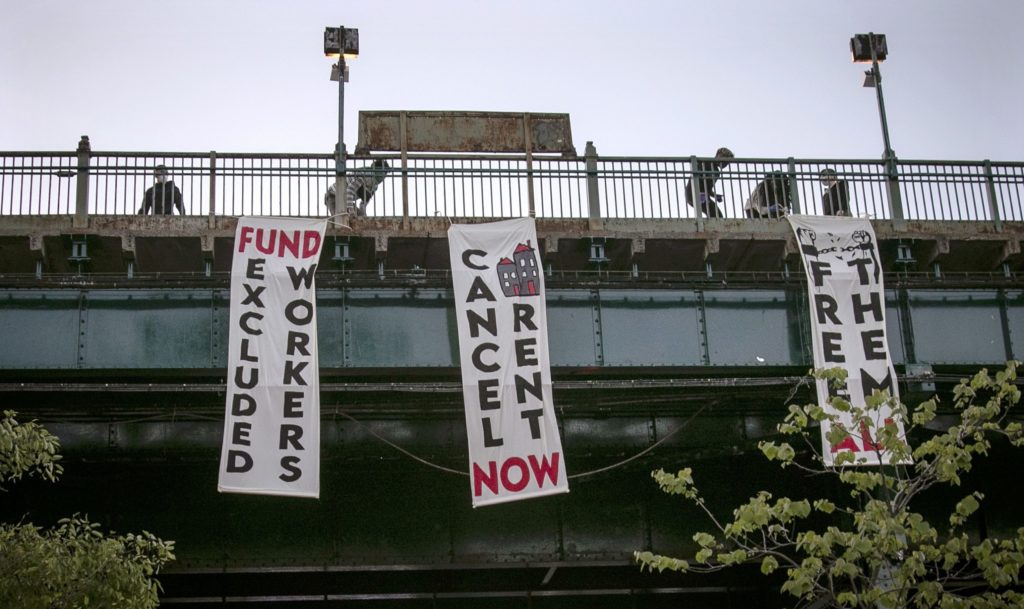New York court system delays evictions until at least Oct. 1

 The New York state court system has delayed evictions until at least Oct. 1, while imposing mandatory conferences in all cases filed before a mid-March moratorium took effect, including cases where an eviction warrant has been issued.
The New York state court system has delayed evictions until at least Oct. 1, while imposing mandatory conferences in all cases filed before a mid-March moratorium took effect, including cases where an eviction warrant has been issued.
In a Wednesday directive to court personnel, Chief Administrative Judge Lawrence Marks temporarily halted evictions in cases filed or adjudicated before March 17, the first full day of a statewide eviction suspension, while forcing landlords and tenants to first conference with a judge before “any further proceedings” can continue.
“No residential eviction may take place prior to October 1, 2020 or — in the event of a future state or federal moratorium on evictions — such later date or dates set forth in law,” Marks wrote in the order.

Brooklyn Boro
View MoreNew York City’s most populous borough, Brooklyn, is home to nearly 2.6 million residents. If Brooklyn were an independent city it would be the fourth largest city in the United States. While Brooklyn has become the epitome of ‘cool and hip’ in recent years, for those that were born here, raised families here and improved communities over the years, Brooklyn has never been ‘uncool’.